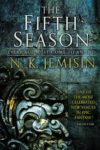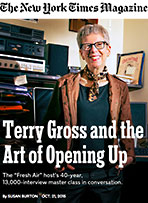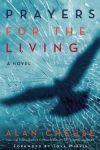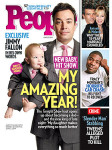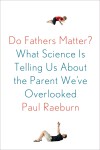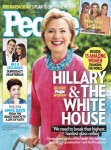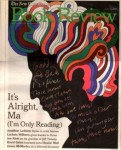A Reading Life Revealed
Wednesday, May 24th, 2017 Pamela Paul who oversees all of the New York Times book coverage, including the Book Review, was featured on NPR’s Fresh Air yesterday, ostensibly to talk about her new book My Life with Bob: Flawed Heroine Keeps Book of Books, Plot Ensues (Macmillan/Henry Holt and Co.; OverDrive Sample), but most of the interview focused on her day job.
Pamela Paul who oversees all of the New York Times book coverage, including the Book Review, was featured on NPR’s Fresh Air yesterday, ostensibly to talk about her new book My Life with Bob: Flawed Heroine Keeps Book of Books, Plot Ensues (Macmillan/Henry Holt and Co.; OverDrive Sample), but most of the interview focused on her day job.
Explaining the differences between reviews in the daily paper and the Sunday Book Review, she says that the daily reviews begin with the critic, who chooses which books to review. For the Book Review, the editors choose the books, but more importantly who will review them. Trying to imagine who New York Times readers would most want to read on a particular book is the most creative and “delicious” part of the process, she says, resulting in pairings such as Bill Clinton on Bob Caro‘s fourth book on LBJ, or Michael Lewis on former Treasury Secretary Timothy F. Geithner’s memoir.
As to her own book, it’s based on Paul’s reading diary which she dubbed “Bob,” or “Book of Books.” What titles shaped the most powerful book review editor in the country? A large diet of Nancy Drews and frequent trips to the library to make up for a home not filled with books. As we noted earlier, prepub reviews were strong, with LJ saying, “Titles about reading and books abound, but this memoir stands in a class by itself. Bibliophiles will treasure, but the addictive storytelling and high-quality writing will vastly increase its audience.”
Libraries ordered the title very lightly. All that we checked are showing active holds lists.


